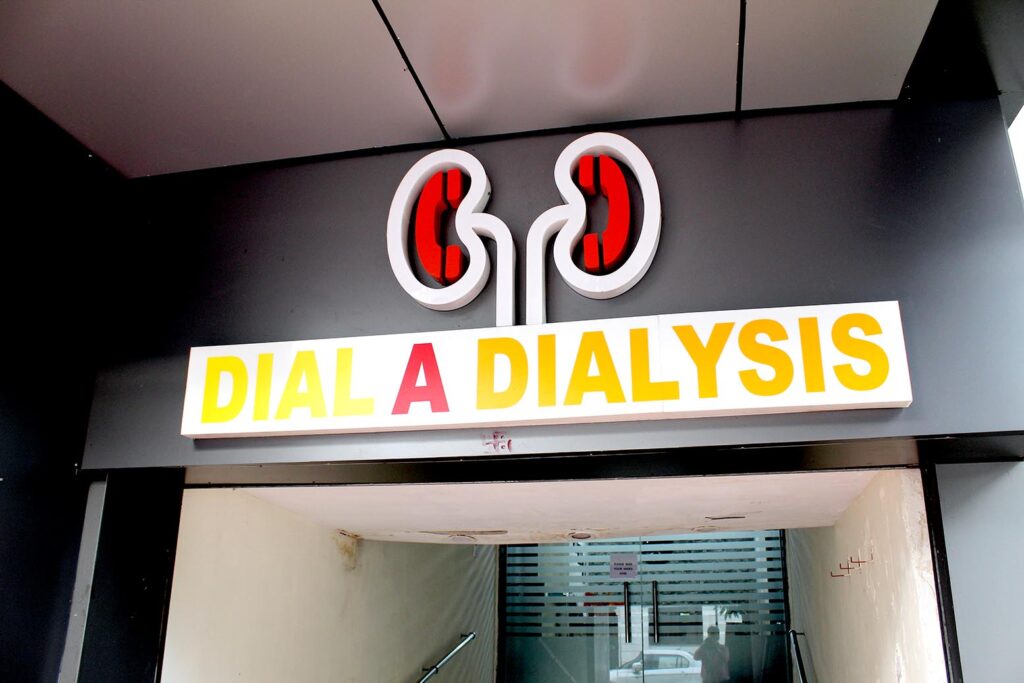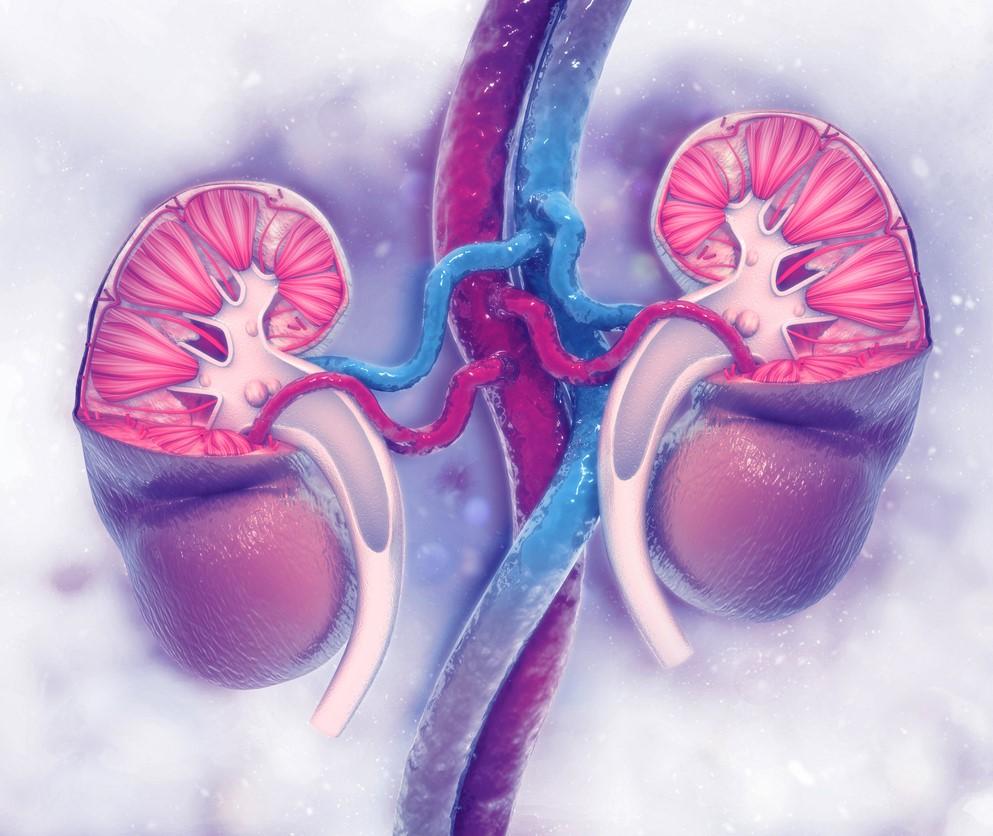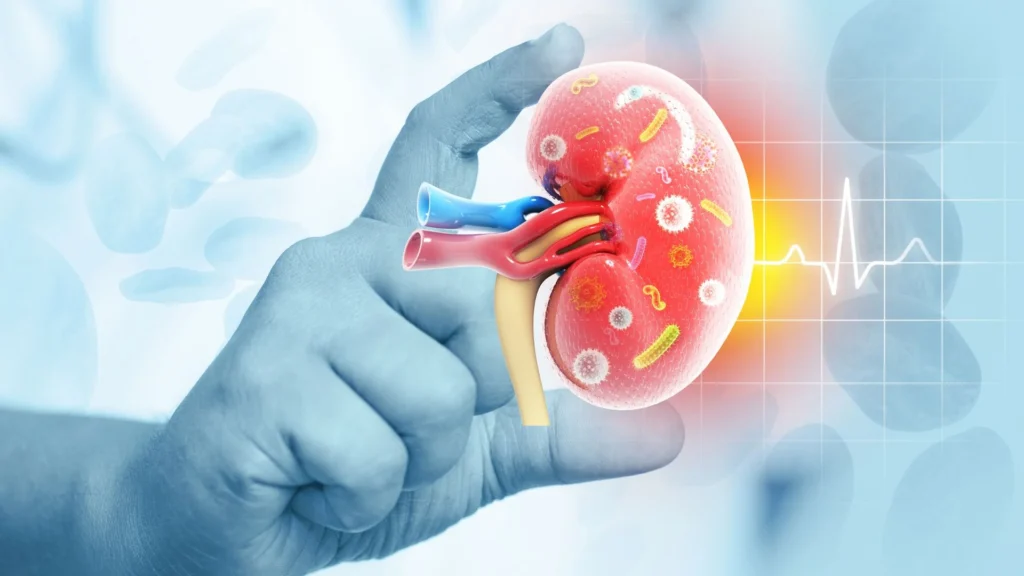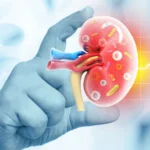Kidney diseases, particularly *Chronic Kidney Disease (CKD)*, can be caused by a variety of conditions that damage the kidneys over time. Some of the most common causes include:
1. Diabetes
Diabetes is the leading cause of kidney disease. High blood sugar levels over time can damage the kidneys’ filtering units (nephrons), leading to diabetic nephropathy. This damage reduces kidney function and can eventually result in kidney failure if not managed properly.
2. High Blood Pressure (Hypertension)
Hypertension is the second most common cause of kidney disease. Increased blood pressure can put strain on the kidneys’ blood vessels, impairing their ability to filter waste efficiently. Over time, this can lead to chronic kidney disease and kidney failure.
3. Glomerulonephritis
This is an inflammation of the kidney’s filtering units, known as glomeruli. It can occur due to infections, immune diseases, or other underlying conditions. Glomerulonephritis can cause kidney damage, leading to CKD.
4. Polycystic Kidney Disease (PKD)
PKD is a genetic disorder in which clusters of cysts form in the kidneys, enlarging them and reducing their function. Over time, these cysts can impair kidney function, leading to kidney failure.
5. Kidney Infections (Pyelonephritis)
Recurrent or untreated kidney infections can lead to scarring and damage to kidney tissues. This can ultimately result in reduced kidney function or CKD.
6. Obstructions
Conditions that block the flow of urine, such as kidney stones, enlarged prostate, or tumors, can cause pressure and damage to the kidneys. Prolonged obstruction may lead to kidney damage and disease.
7. Autoimmune Diseases
Conditions like *Lupus* and *IgA nephropathy* (a buildup of IgA antibodies in the kidneys) can cause inflammation and damage to kidney tissues, leading to chronic kidney disease.
8. Repeated Urinary Tract Infections (UTIs)
Frequent UTIs, especially if they spread to the kidneys, can lead to kidney scarring and damage, potentially causing kidney disease if untreated.
9. Drug or Toxin Exposure
Prolonged use of certain medications, such as nonsteroidal anti-inflammatory drugs (NSAIDs), or exposure to toxins, such as heavy metals, can harm the kidneys over time.
10. Congenital Conditions
Some individuals are born with structural abnormalities of the kidneys or urinary tract, which can lead to kidney disease later in life.
By managing these risk factors through early diagnosis, lifestyle changes, and appropriate medical treatment, the progression of kidney disease can be slowed, helping to prevent kidney failure.

















